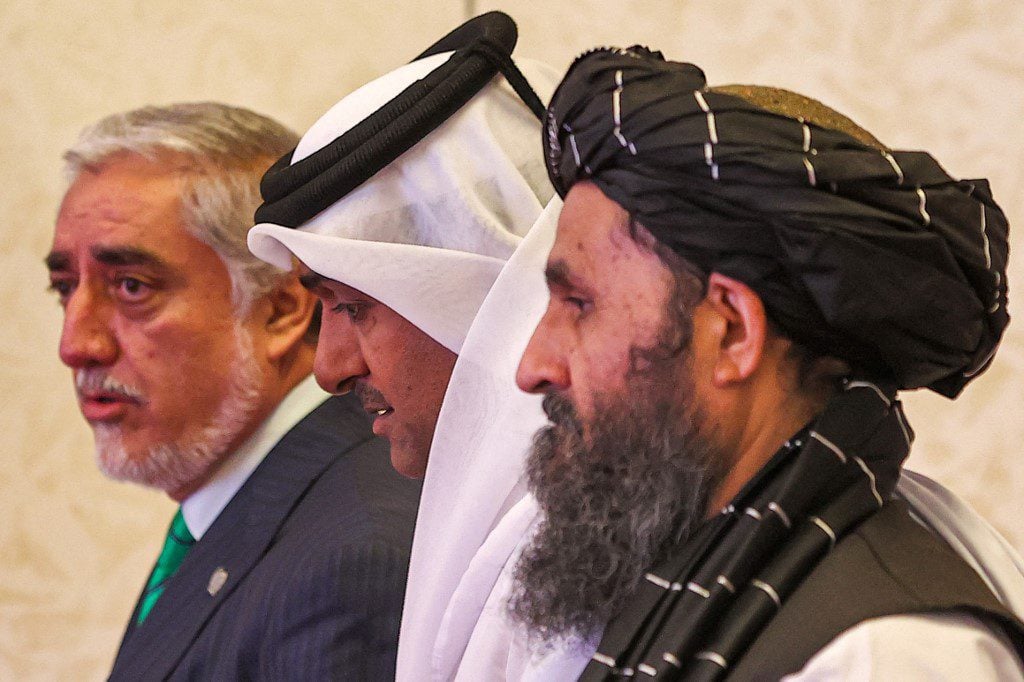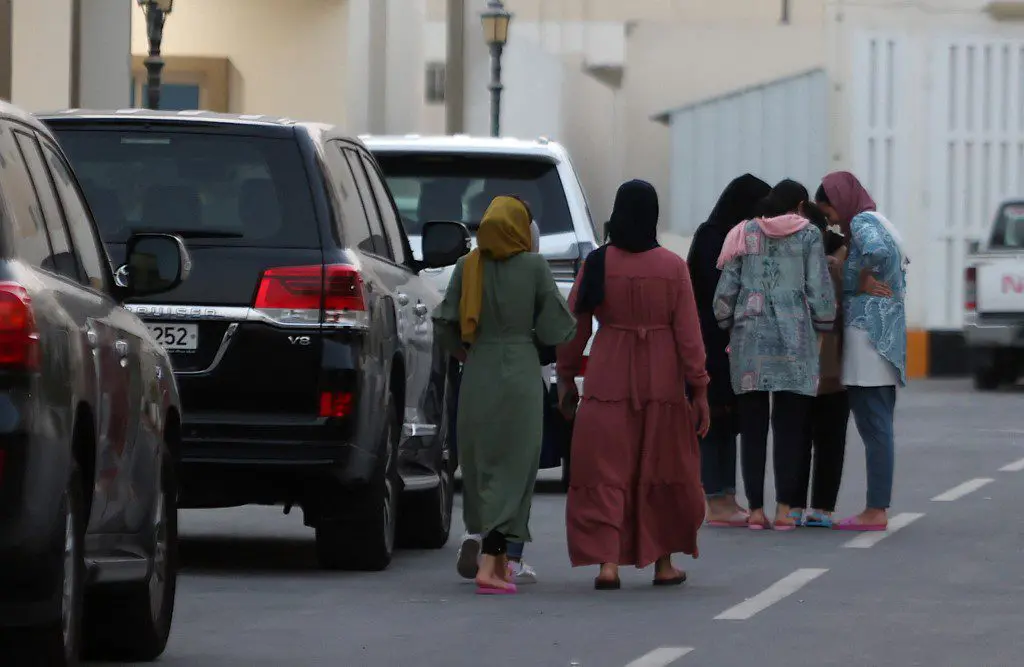
Mat Nashid
In 2013, the Taliban opened an office in Qatar’s capital of Doha, with America’s blessing. The office became the permanent address of Taliban officials as they engaged in peace-talks with international officials. At the time, Taliban representative Mohammed Naem went on Qatar’s state-broadcaster Al-Jazeera television to announce that the Islamist insurgency wanted to keep “good relations with all of the world countries.”
“But the Islamic emirate (Taliban) sees the independence of the nation from the current occupation as a national and religious obligation,” he added.
Fast forward to today and the Taliban controls Afghanistan after toppling the U.S backed government in August 2021. The Taliban walked into Kabul on August 15, 2021 after using coercion to win a number of negotiated surrenders against government forces, many of whom hadn’t been paid in six to nine months. The Taliban’s military blitz shocked the globe following the Biden administration’s withdrawal from Afghanistan in May 2021.
Biden has defended himself against criticism that the withdrawal was executed poorly. The chaos was captured by a viral video of a U.S aircraft taking off amid a sea of Afghan civilians. They were struggling to get out of the country, and some young men died clinging onto the aircraft as it ascended.
Still, Biden blames the fall of Kabul on the collapse of the Afghan military. He also blames former U.S President Donald Trump for inking a deal with the Taliban that obligated the U.S to pull out by May 1. That deal was sealed in Doha by U.S envoy Zalmay Khalilzad and Taliban deputy leader Mullah Abdul Ghani Baradar on February 29, 2020.
The U.S only had one main condition for peace: it didn’t want the Taliban to harbor terrorist groups like Al-Qaeda or IS which threaten Western lives and interests. Despite the breakthrough, peace talks took place behind a backdrop of increasing Taliban violence. Back then, it appeared that the group sought to improve its leverage in negotiations by making gains on the battlefield. In retrospect, the Taliban knew it could topple the Afghan government because of how badly the U.S wanted to end its longest war.
The Taliban’s calculus hampered Qatar’s efforts to facilitate a genuine power-sharing deal with Afghan officials from the now toppled government. After months of failed talks, Qatar finally proposed in June to be a formal mediator between the warring sides. But Qatar failed to persuade the Taliban to halt its military take-over of Kabul.
Now it seems that Qatar may have boxed itself in. The emirate’s foreign minister Mohammed bin Abdulrahman al-Thani, who was mediating between the toppled Afghan government and the Taliban, said that Doha would not recognize any Afghan government that was installed by force.
A person briefed on the ongoing talks told the Financial Times that Qatari mediators are still trying to bring decision makers to the table.
“The problem with the Taliban is you speak to them and half the group agrees on one thing and the other half doesn’t,” the source said. “Right now, the guys at the table in [in Doha] are great, but it’s clear they are not making the final decisions on both sides.”
Qatar’s efforts are consistent with its larger geo-political objective of becoming the primary mediator for conflicts and political disputes in the Arab world, and beyond. However, critics argue that Doha’s role in Afghanistan did little but legitimize the Taliban. Others add that Qatar was clearly invested in trying to persuade the extremist group to soften its governance approach and adopt tenants of its own Islamist-oriented worldview.
For instance, in October 2020, Qatar arranged for a Taliban delegation to meet with the renown Islamic Sheikh Yusuf Qaradawi, who hosts a religious program on Al-Jazeera Arabic. Qaradawi was tasked with encouraging the Taliban to reimagine the role that Islam could play in their governing structure. The move risked harming Qatar’s carefully crafted reputation, yet analysts believe that its gambit ultimately paid off.
“Qatar has positioned itself as the go-to mediator with the Taliban. It was a risky bet, especially considering the optics with the wider public, but it paid off,” said Cinzia Bianco, Gulf research fellow at the European Council on Foreign Relations.
“Now, Qatar is well-positioned to be the first contact point for regional and international players who want to explore the possibility of engaging with the Taliban … without compromising themselves,” she added.

Since the withdrawal, a U.S military commander has met with the Taliban in Doha to discuss the evacuation of thousands of people trying to get out of Afghanistan. Qatar has aided those efforts by agreeing to temporarily resettle thousands of Afghans until they can be relocated to a new permanent country.
The real test for Qatar will be to convince the Taliban to retire its harshest polices to appease western donors. More than half of Afghanistan’s legal economy is reliant on foreign aid, with 90 percent of the population living on $2 a day. If countries such as the U.S and member EU states do not recognize the Taliban, they could cut off desperately needed aid indefinitely.
Some leaders may be pressured by their domestic rivals to maintain crippling sanctions on the group. But sanctions may collectively punish a population that has already suffered two decades of war and occupation. Humanitarian exemptions wouldn’t suffice since navigating the legal loops sucks much of the energy of relief groups. Importers would also be reluctant to do business in Afghanistan due to the risk of accidentally violating sanctions.
The catastrophe can be avoided if Qatar convinces the global community and the Taliban to cooperate. This scenario requires the Taliban to demonstrate tangible changes in the way it governs.
So far, the Taliban has displayed its well-oiled public relations machine, yet reports coming out of Afghanistan suggest the group still adheres to a violent, extremist ideology. Taliban fighters have recently massacred nine people from the country’s Shia minority and are going door to door to track down wanted people – particularly prominent women – that worked as civil servants, interpreters and journalists. Persuading the group to change its ways may be futile, yet Doha appears up for the challenge.


